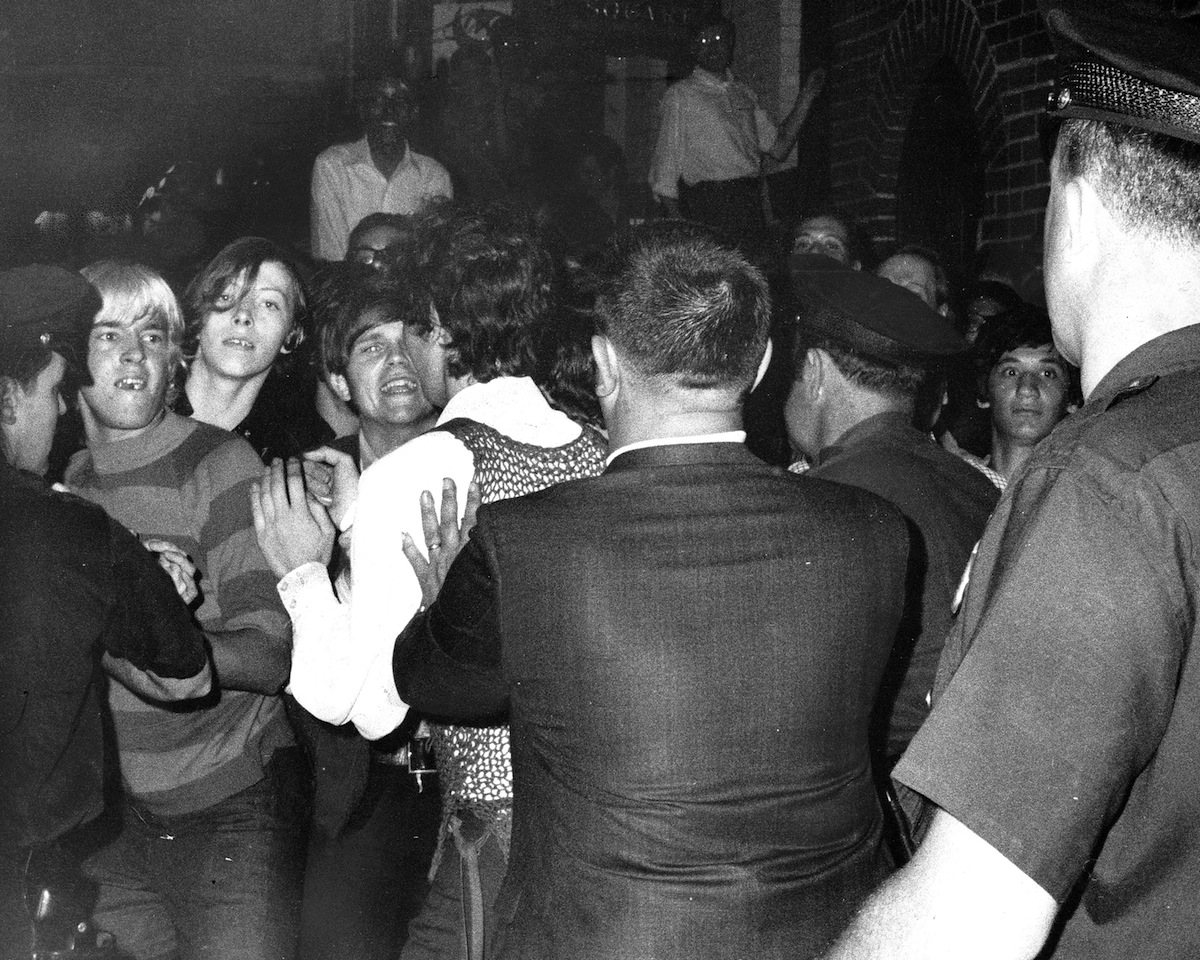
The controversial new movie Stonewall, out Friday, is named for the clash between New York City police and patrons of the Stonewall Inn on June 28, 1969—the event that’s commonly seen as the spark that ignited the modern gay rights movement in the United States.
“For those living through the summer of 1969, its epochal moments seemed to be Chappaquiddick, the moon landing, Woodstock. But in terms of American social history, the most important event of those steamy months a quarter-century ago may have been a largely unreported street clash, in the early-morning hours of June 28, between police and the homosexual clientele of an unlicensed New York City bar, the Stonewall Inn,” TIME’s William A. Henry remarked upon the 25th anniversary of the clash. “The brief uprising inspired a gay civil rights movement that until then had few public adherents and scant hope of success.”
At the time, however, the clash was treated largely as a local news item reported only in New York City. TIME, for one, never covered the initial conflagration.
It wasn’t until 1979, in an article about the great progress that movement had made, that TIME first mentioned the name of the bar where it began. Another decade went by before the next mention.
Perhaps not surprisingly, the words “Stonewall Inn” began to appear more frequently in the mainstream press as the movement shifted into the mainstream too. It was around the mid-1980s that the phrase became far more commonly used. By 2003, when TIME included Stonewall on a list of the “80 Days That Changed the World,” the moment’s influence—and that of the diverse crowd that helped make it happen—was no longer a matter of debate:
It was 1:20 A.M. when eight cops stomped into the Stonewall Inn, a dive in Manhattan’s Greenwich Village district that had no liquor license but served watery drinks to a mix of drag queens, street kids, gay professionals and closeted and straight mafiosi (who ran the place). Within two hours, the Village was bleeding and burning as hundreds rioted.
How did the nightly saturnalia at Stonewall produce protests that would kick start the modern gay-rights movement? The uprising was inspirited by a potent cocktail of pent-up rage (raids of gay bars were brutal and routine), overwrought emotions (hours earlier, thousands had wept at the funeral of Judy Garland) and drugs. As a 17-year-old cross-dresser was being led into the paddy wagon and got a shove from a cop, she fought back. “[She] hit the cop and was so stoned, she didn’t know what she was doing–or didn’t care,” one of her friends later told Martin Duberman, author of the history Stonewall.
See the rest of the 80 days list, here in the TIME Vault: 80 Days That Changed the World
See the Celebration at Stonewall Inn After Gay Marriage Ruling
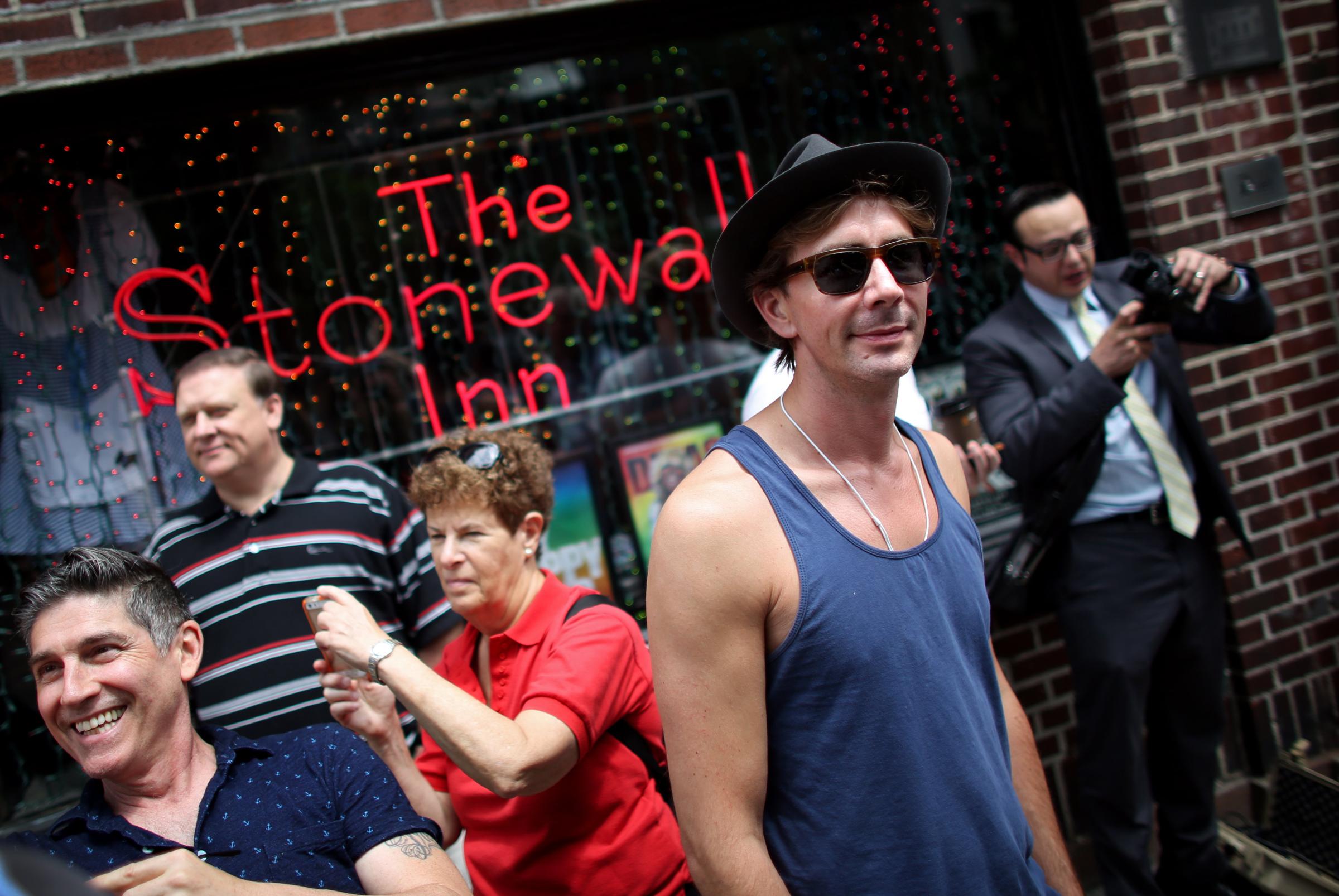
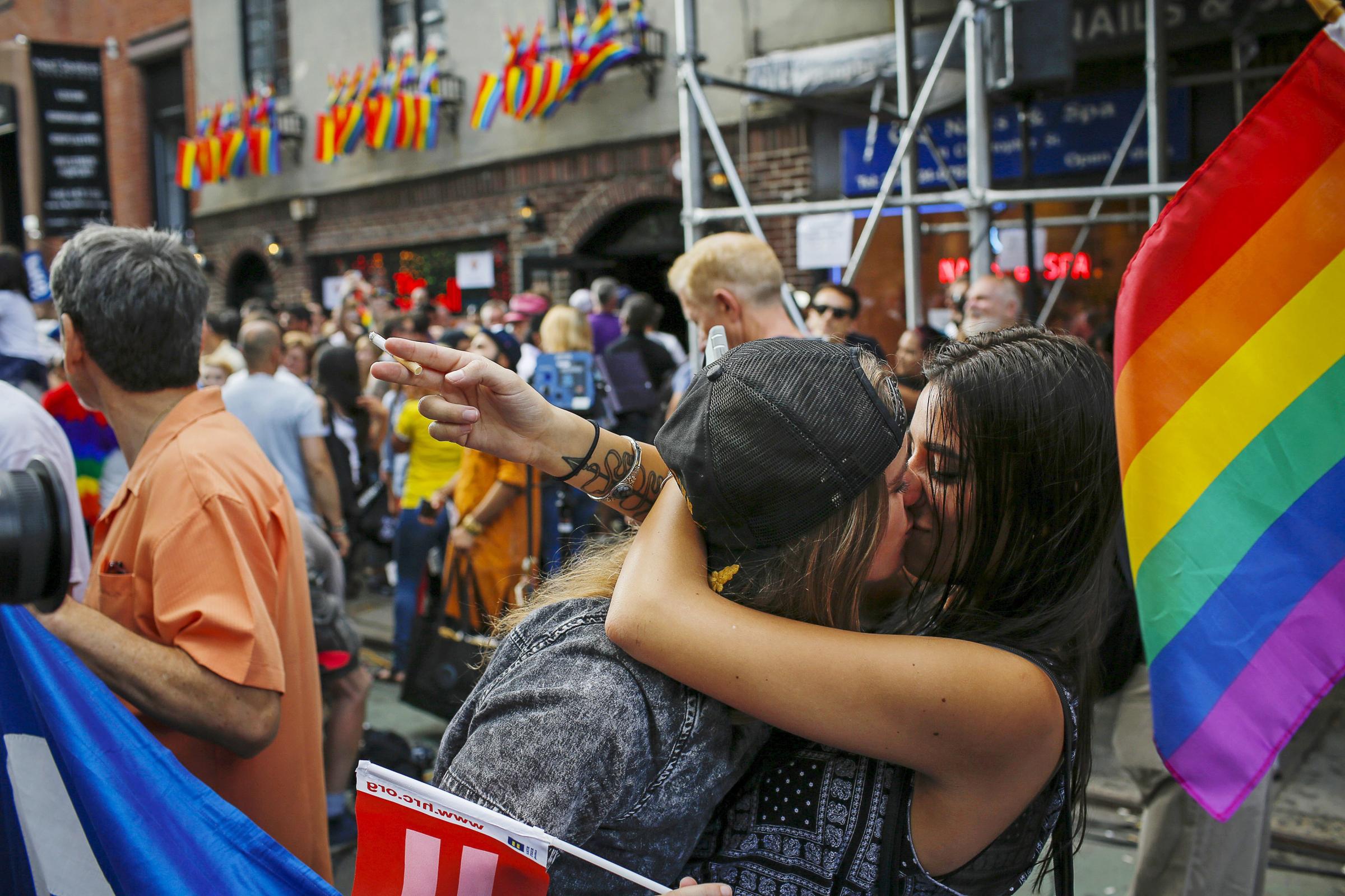
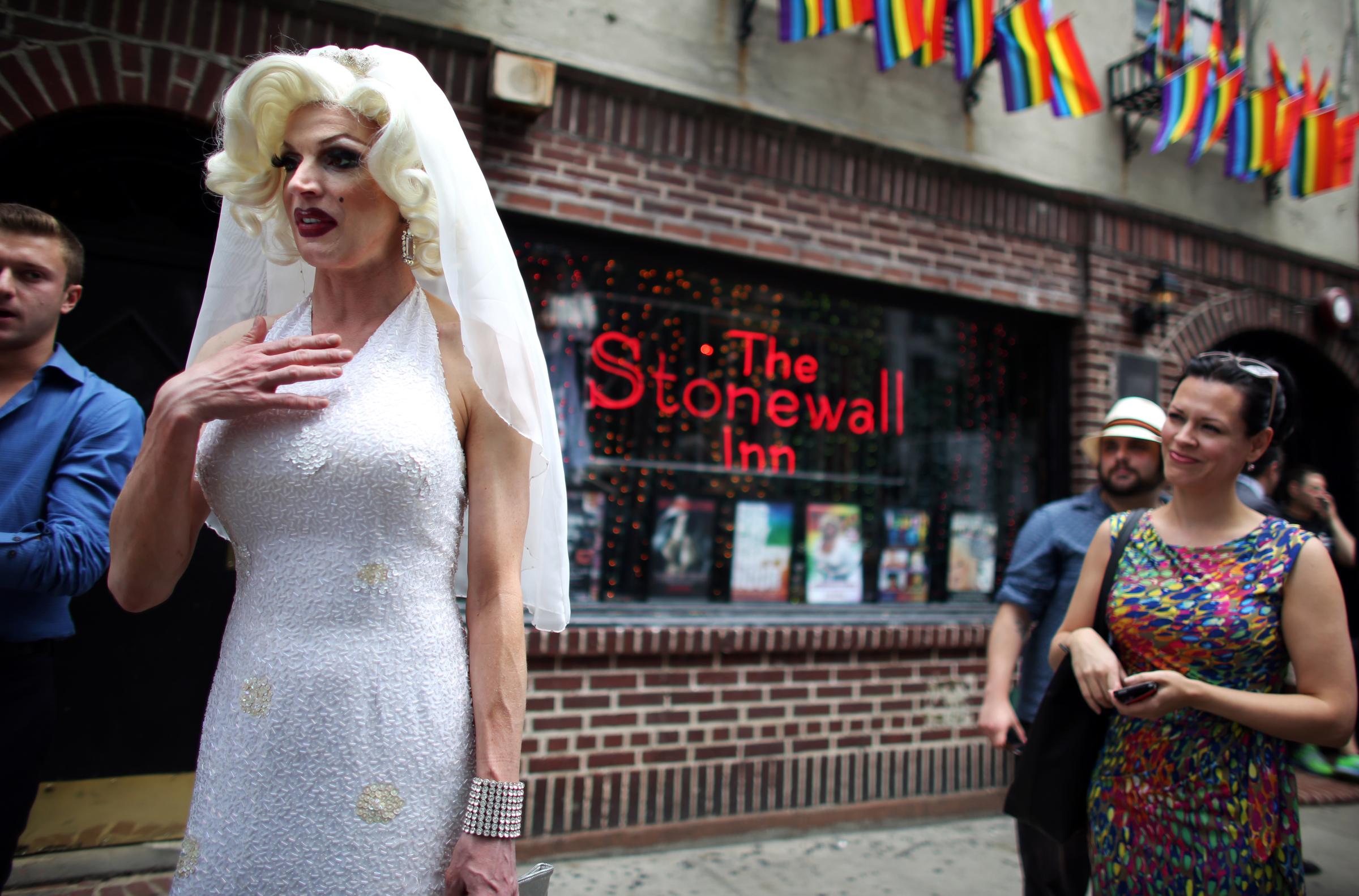
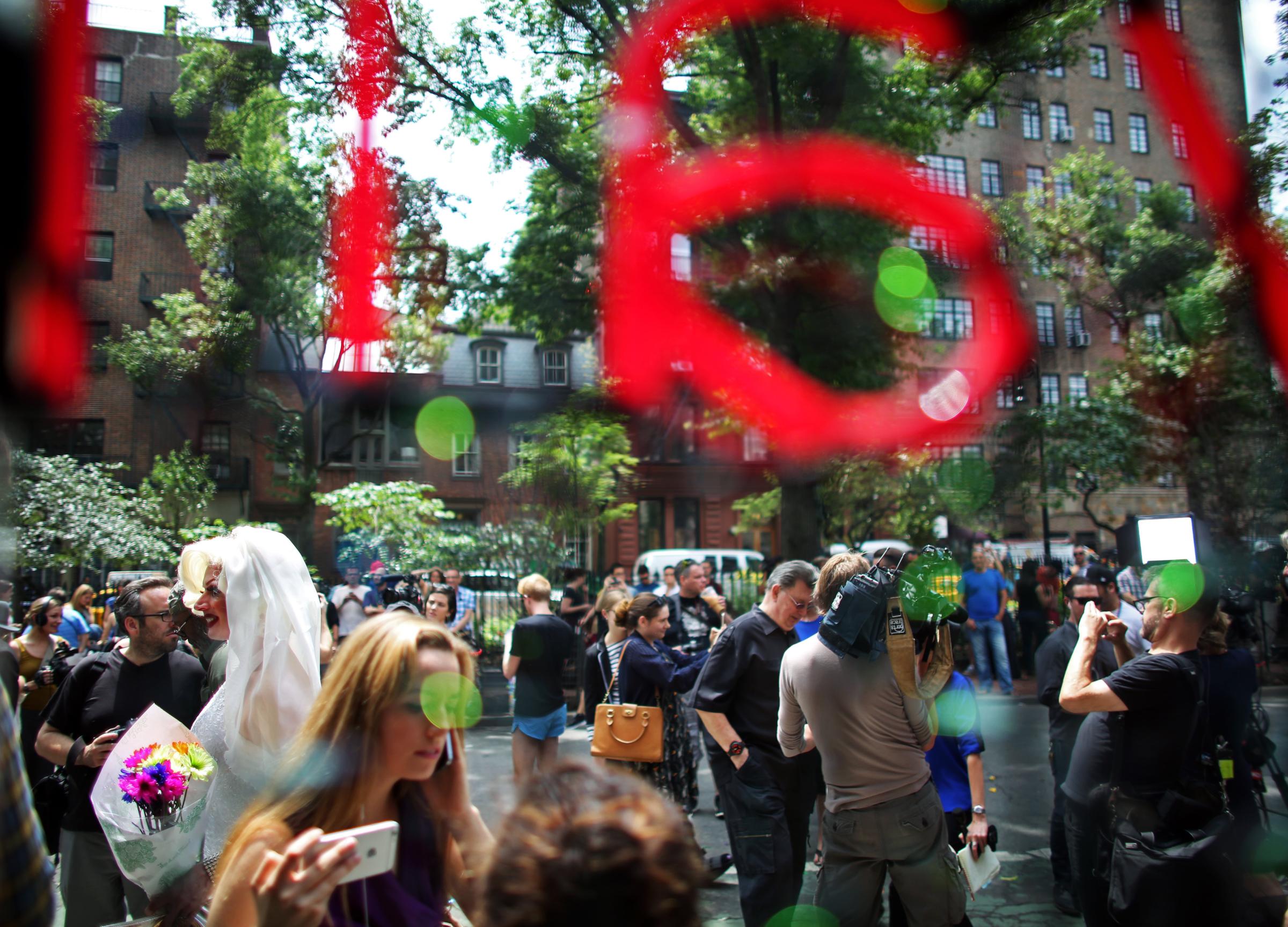
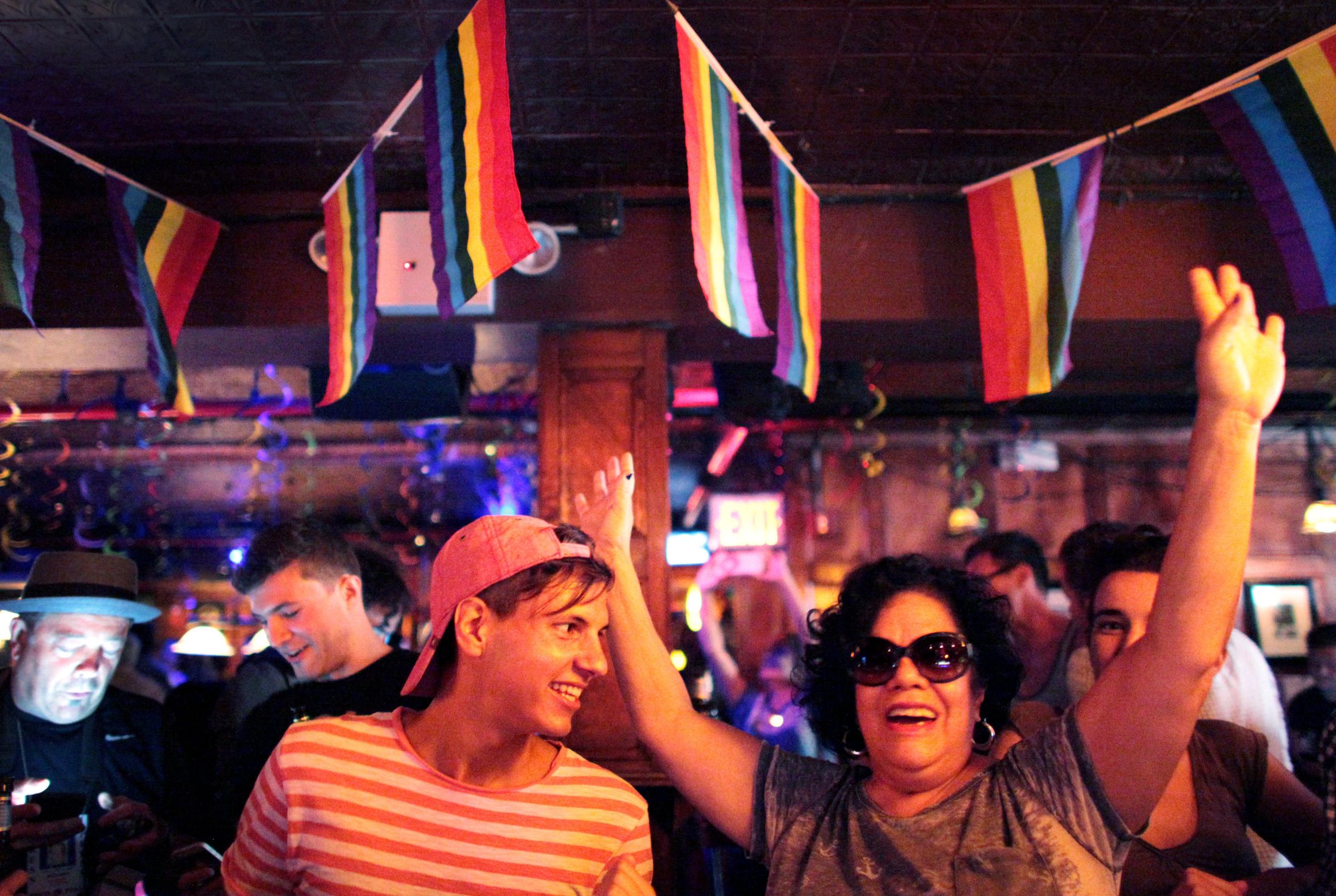
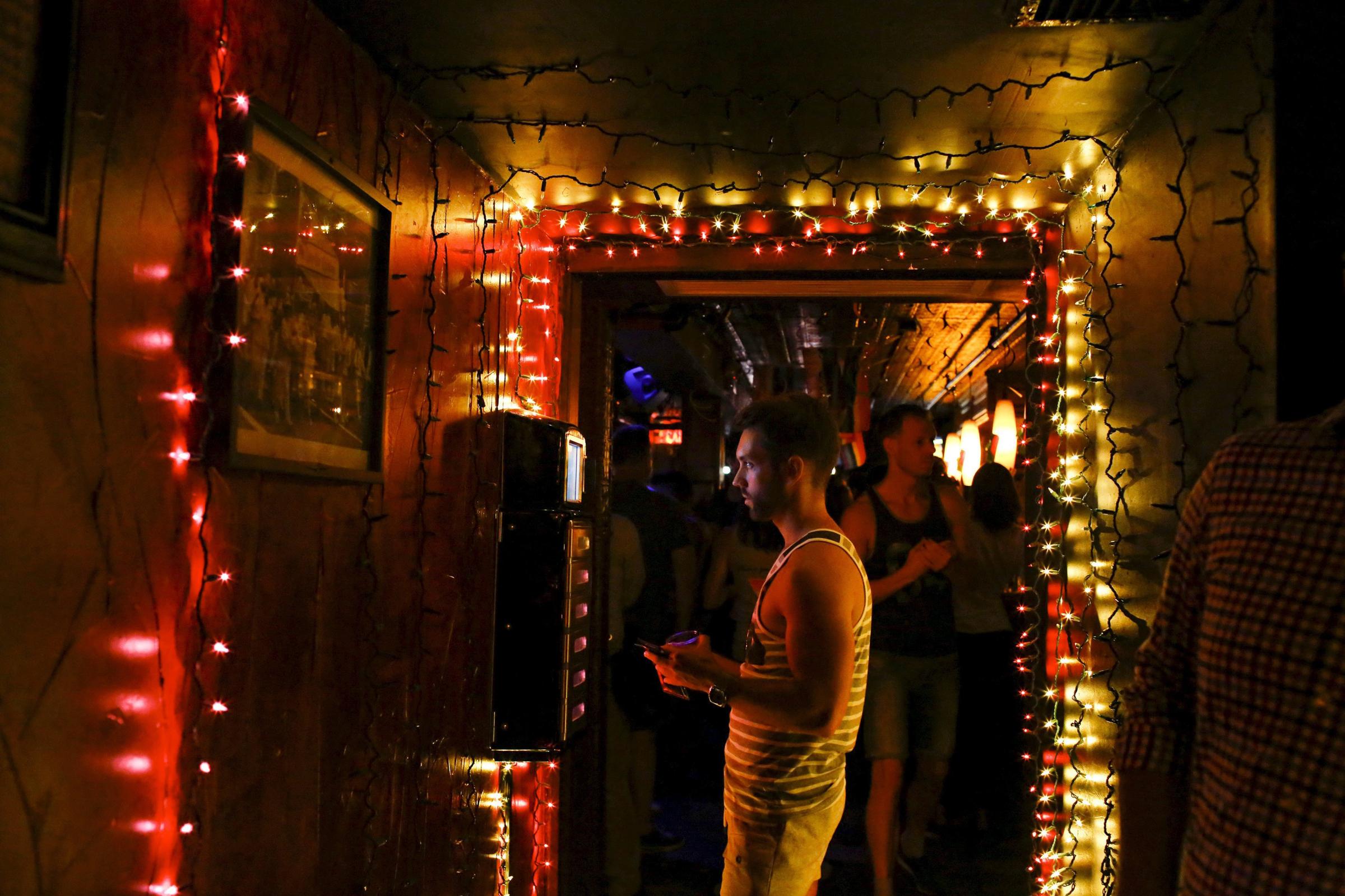
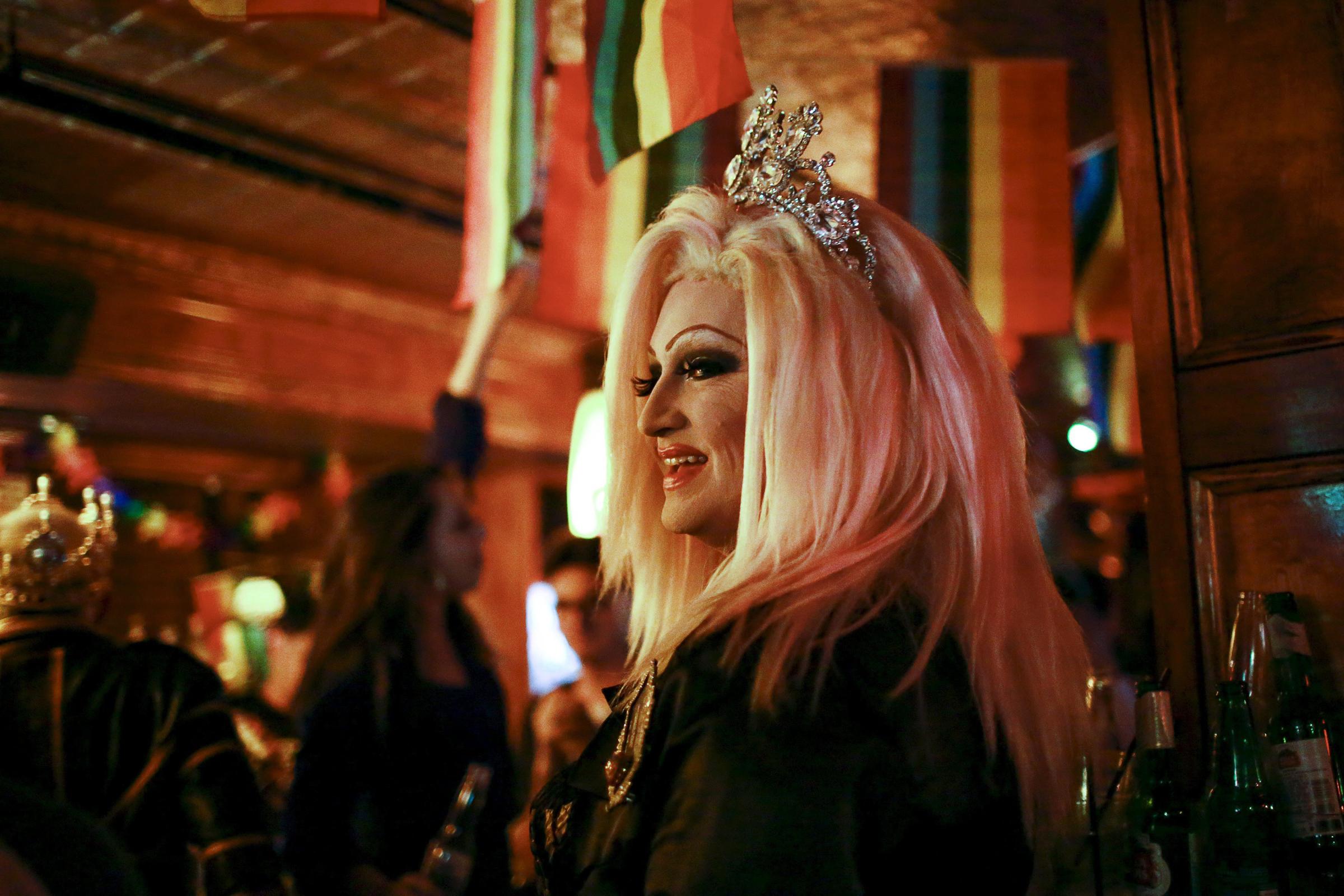
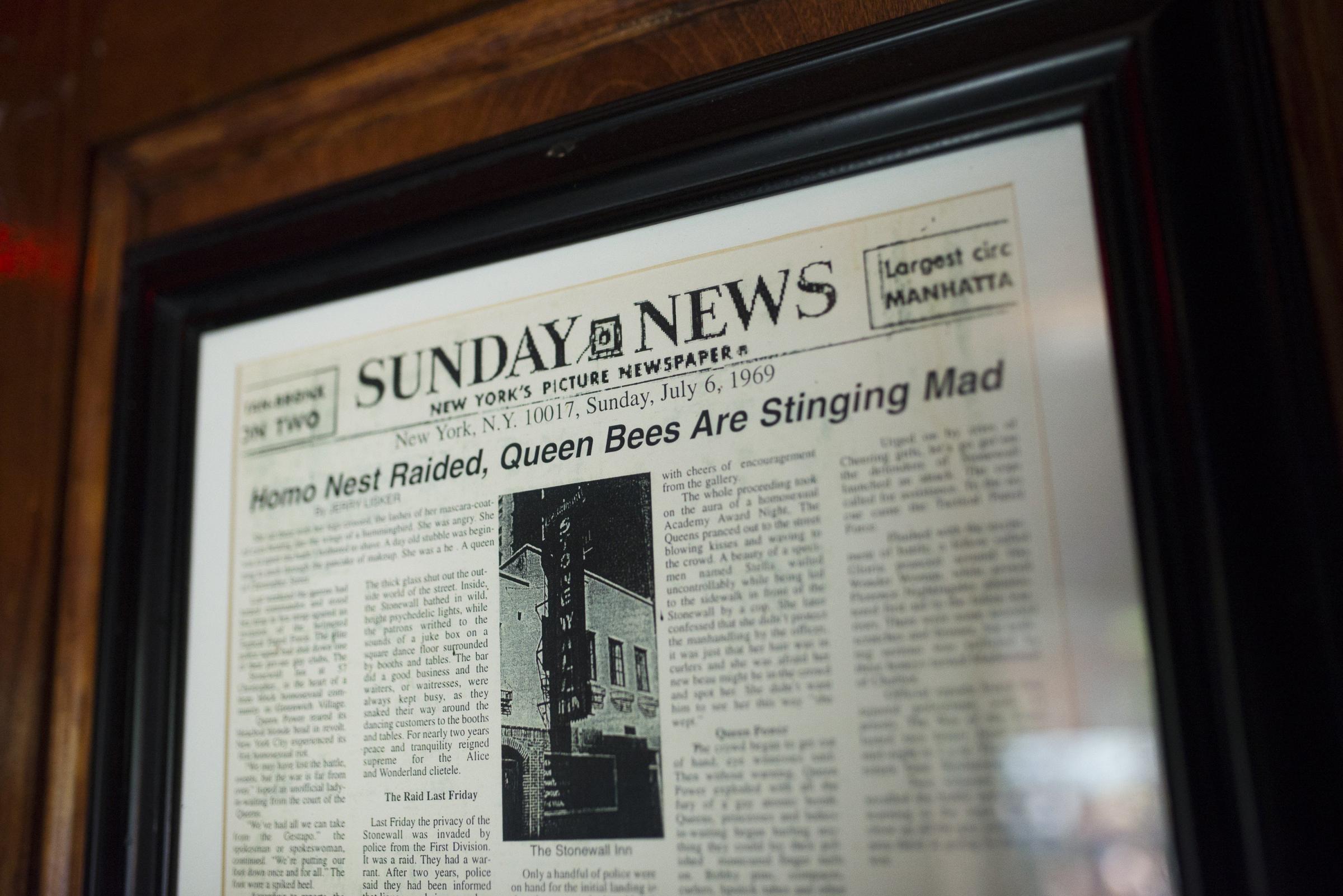
More Must-Reads from TIME
- Why Trump’s Message Worked on Latino Men
- What Trump’s Win Could Mean for Housing
- The 100 Must-Read Books of 2024
- Sleep Doctors Share the 1 Tip That’s Changed Their Lives
- Column: Let’s Bring Back Romance
- What It’s Like to Have Long COVID As a Kid
- FX’s Say Nothing Is the Must-Watch Political Thriller of 2024
- Merle Bombardieri Is Helping People Make the Baby Decision
Write to Lily Rothman at lily.rothman@time.com